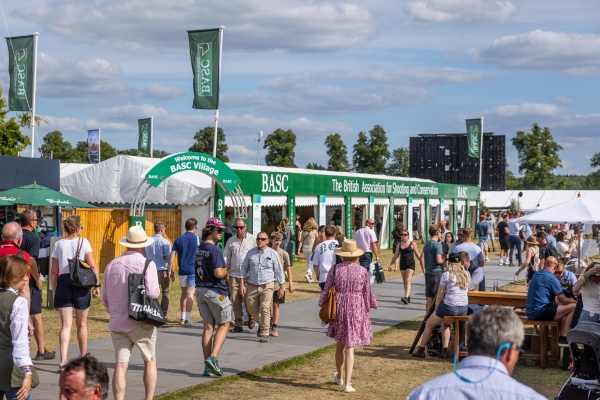
Get ready for the Game Fair
Whether you’re into shooting, gundogs, wild food or just soaking up the atmosphere of a bustling show, The Game Fair is for you.
Get information on the legal shooting season for mammals and birds in the UK.
Apply for funding for your project or make a donation today
Comprehensive information and advice from our specialist firearms team.
Everything you need to know about shotgun, rifle and airgun ammunition.
Find our up-to-date information, advice and links to government resources.
Everything you need to know on firearms law and licensing.
All the latest news and advice on general licences and how they affect you.
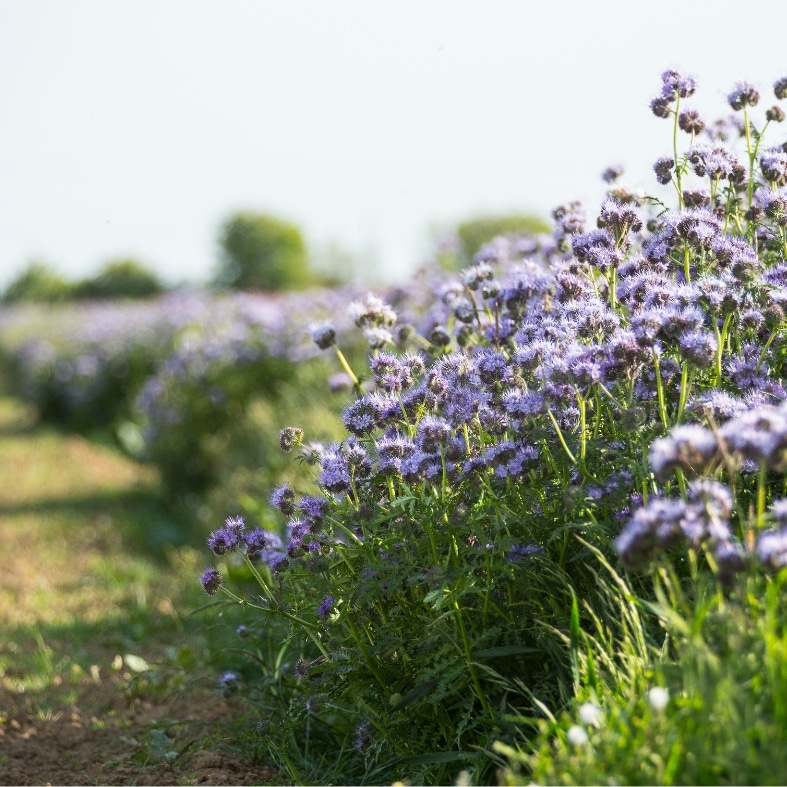

In the first of our new Science Matters series, Heather Warrender provides an insight into 2024’s first crop of published scientific research of interest to shooting and conservation.
From a scientific perspective, 2024 has got off to a flying start. There has been a plethora of relevant research from across the globe published on topics ranging from diseases such as highly-pathogenic avian influenza (HPAI), Toxoplasmosis and blue tongue, to habitat management topic such as forestry and flood risk management in upland landscapes.
BASC’s evidence and environmental law team, of which I am part of, are constantly scanning the vast landscape of literature, trying to ensure we are up to date with all of this new research. It is from here that we can help to inform policy decisions based on evidence, both within BASC and outside of it.
One piece of research that piqued my interest was titled ‘Do people who experience more nature act more to protect it? A meta-analysis’. The paper was written by a researcher from the University of Exeter and one from the University of Tokyo who addressed this question by screening and analysing already published literature on the topic.
The analysis shows that there is a consistent positive relationship between people who directly experience nature and pro-environmental behaviour. This is possibly not a surprise; if you are surrounded by nature, you are more likely to strive to protect it.
This is certainly apparent if we take a look at the shooting community. A 2020 BASC survey of club and syndicate shoots found that 98% of respondents believed that delivering benefits for nature and wildlife is important. Most commonly cited as top priority within all environmental concerns was a lack of biodiversity.
We as a sector have the potential to offer huge benefits to biodiversity in the form of predator control and habitat improvement, including refuge areas, reserves, woodland management, hedgerows, game cover crops, splashes, ponds, and wetland creation.
Unfortunately, as a community we often do not actually quantify how these management techniques influence and enhance the environment around us as other conservationists do, and this has led to us struggling to evidence our positive impacts.
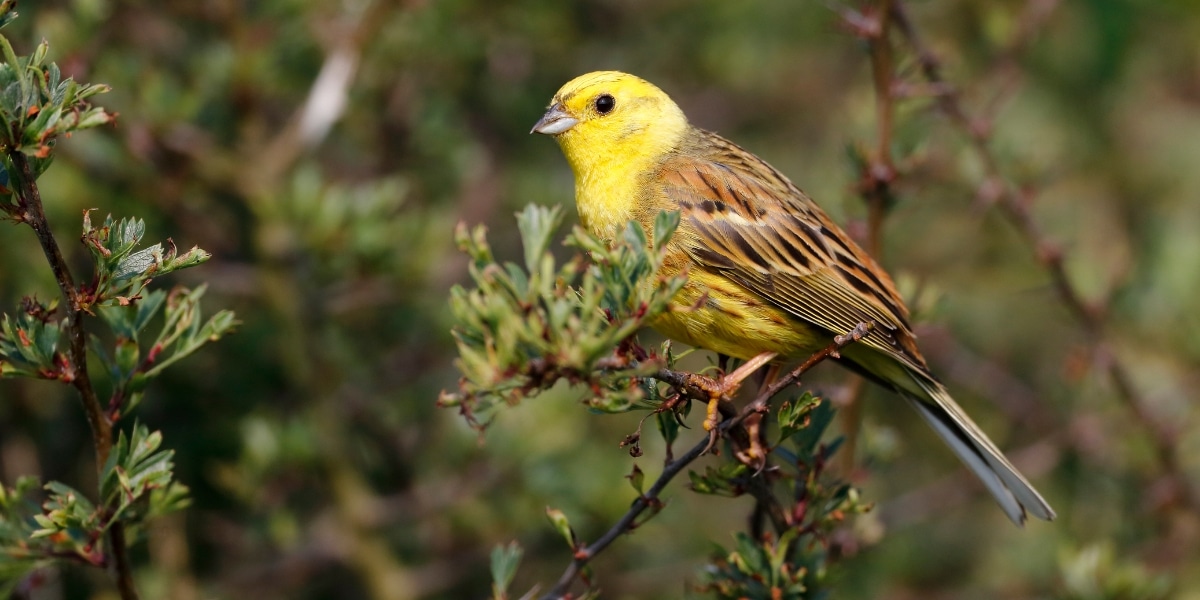
The GWCT works towards capturing all of shooting’s positive influences. It has published a new paper which looks to quantify and highlight a couple of the common management practices which do occur and the benefits they bring to wild birds.
The paper, titled ‘Winter game crop plots for gamebirds retain hedgerow breeding songbirds in an improved grassland landscape’ , has found that hedgerows within 100m of a game crop had between one-and-a-half and twice as many breeding birds per unit length, compared to hedges 500-800m from the game crop.
This sort of research not only showcases the benefit of game cover crops and hedgerows for biodiversity, but also gives us a better understanding of how we can increase this benefit even more.
Cover crops within 300m of a hedgerow were found to support the most breeding birds in early spring. If we combine that with good hedgerow management to produce larger, denser and wider hedges the nesting and fledging success of these birds will also increase.
Quantifying habitat management measures such as this is key in helping shooting to demonstrate our positive impacts. Standardised surveys such as the GWCT’s Big Farmland Bird Count which took place last month is a good example of how to gather data annually in a simple way.
There are also many BTO breeding bird and nest surveys which, when carried out annually, can provide you with really good information on the long-term trends of your bird species.


Whether you’re into shooting, gundogs, wild food or just soaking up the atmosphere of a bustling show, The Game Fair is for you.
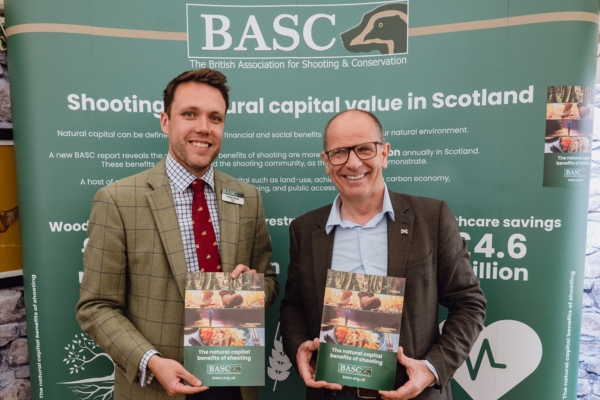
Scotland’s shooting sector delivers more than £246 million in annual natural capital benefits, according to a new report launched by BASC at the Scottish Game Fair on 4 July.
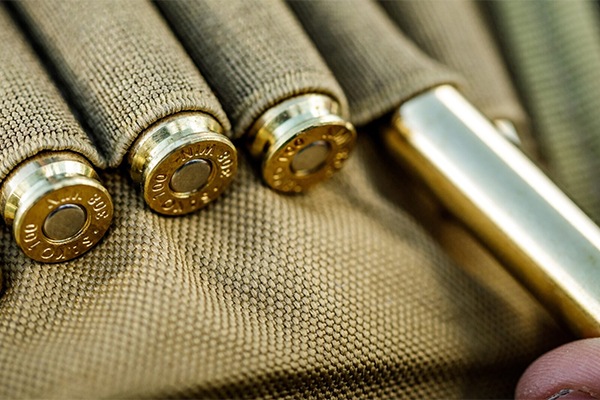
Read our answers to frequently asked questions about the planned lead ammunition legislation and what it means for shotgun, rifle and airgun shooters.
Sign up to our weekly newsletter and get all the latest updates straight to your inbox.
© 2025 British Association for Shooting and Conservation. Registered Office: Marford Mill, Rossett, Wrexham, LL12 0HL – Registered Society No: 28488R. BASC is a trading name of the British Association for Shooting and Conservation Limited which is authorised and regulated by the Financial Conduct Authority (FCA) under firm reference number 311937.
BASC Direct Ltd is an Introducer Appointed Representative of Agria Pet Insurance Ltd who administer the insurance and is authorised and regulated by the Financial Conduct Authority, Financial Services Register Number 496160. Agria Pet Insurance is registered and incorporated in England and Wales with registered number 04258783. Registered office: First Floor, Blue Leanie, Walton Street, Aylesbury, Buckinghamshire, HP21 7QW. Agria insurance policies are underwritten by Agria Försäkring.
If you have any questions or complaints about your BASC membership insurance cover, please email us. More information about resolving complaints can be found on the FCA website or on the EU ODR platform.